David Salisbury
-
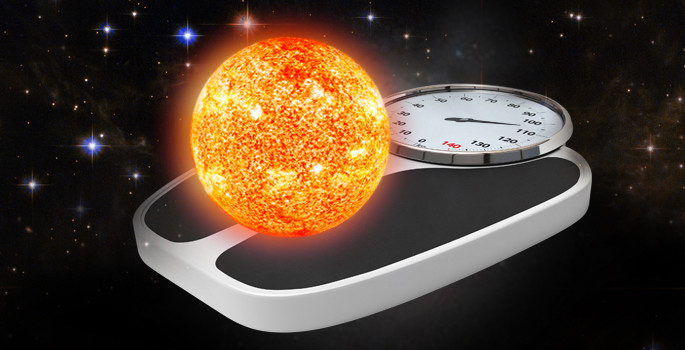
Better way to weigh millions of solitary stars
Astronomers have come up with a new and improved method for measuring the masses of millions of solitary stars, especially those with planetary systems. Read MoreDec 14, 2017
-
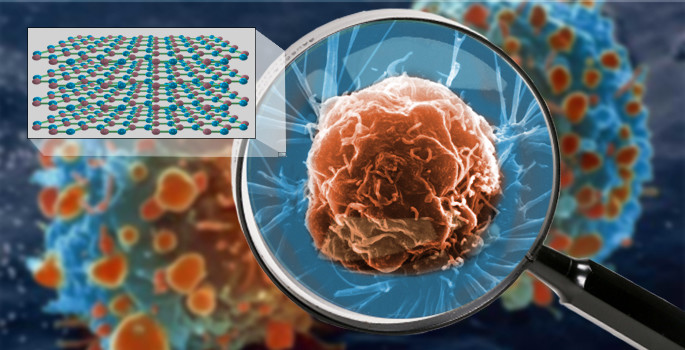
Hyperlens crystal capable of viewing living cells in unprecedented detail
A fundamental advance in the quality of an optical material used to make hyperlenses makes it possible to see features on the surface of living cells in greater detail than ever before. Read MoreDec 11, 2017
-
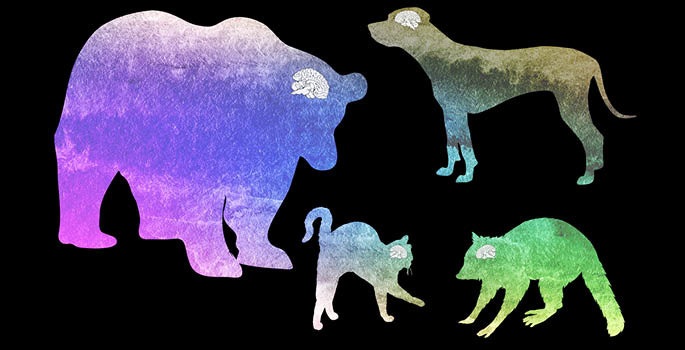
Sorry, Grumpy Cat—Study finds dogs are brainier than cats
The first study to actually count the number of cortical neurons in the brains of a number of carnivores, including cats and dogs, has found that dogs possess significantly more of them than cats. Read MoreNov 29, 2017
-
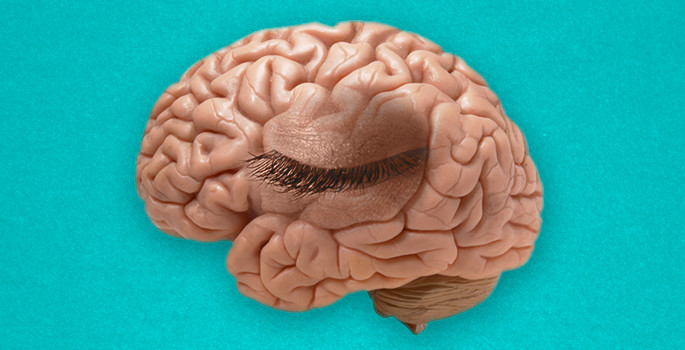
‘Mind’s eye blink’ proves ‘paying attention’ is not just a figure of speech
Vanderbilt psychologists have discovered that when you shift your attention from one place to another, your brain 'blinks'—or experiences momentary gaps in perception. Read MoreNov 21, 2017
-
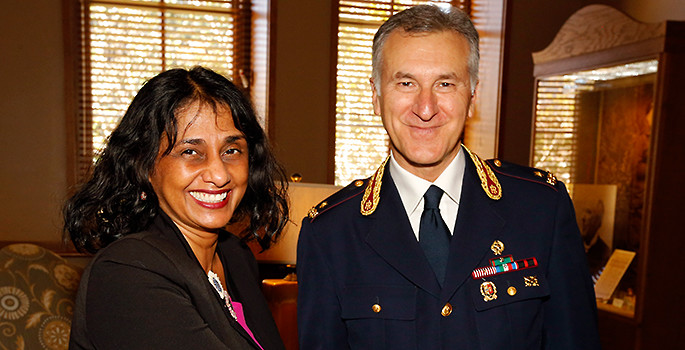
Forensic science comes to Vanderbilt
Vanderbilt scientists have teamed up with the Italian Scientific Police to apply nanoscience techniques to improve the accuracy of forensic investigations. Read MoreNov 13, 2017
-
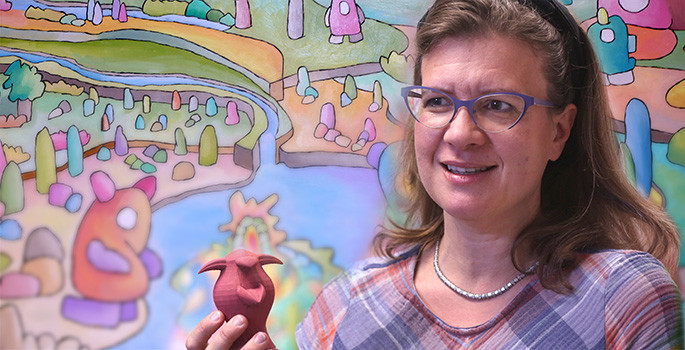
Visual intelligence is not the same as IQ
A new study shows for the first time that there is a broad range of differences in people’s visual ability and that these variations are not associated with individuals’ general intelligence, or IQ. Read MoreNov 7, 2017
-

Filling the early universe with knots can explain why the world is three-dimensional
Filling the universe with knots shortly after it popped into existence 13.8 billion years ago provides a neat explanation for why we inhabit a three-dimensional world. That is the basic idea advanced by an out-of-the-box theory developed by an international team of physicists. Read MoreOct 13, 2017
-

Building social values into the Internet of Things
New project aims to build social norms, policies and values into the basic architecture of the Internet of Things. Read MoreOct 10, 2017
-
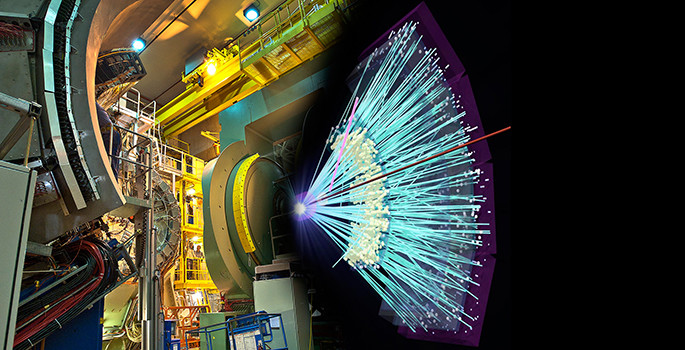
Primordial cosmic soup easier to create than previously thought
In subatomic collisions, physicists have found the signature of primordial cosmic soup, from which all the stuff in the universe formed, at lower energies and in smaller volume than ever before. Read MoreOct 3, 2017
-

Cell signals that trigger wound healing are surprisingly complex
Vanderbilt scientists have taken an important step toward understanding the way in which injured cells trigger wound healing, an insight essential for improving treatments of all types of wounds. Read MoreOct 3, 2017
-

Vanderbilt graduate research assistant receives national defense fellowship
Matthew Feldman, a graduate research assistant in physics and astronomy, is one of only 195 students nationwide who have been awarded a National Defense Science and Engineering Graduate (NDSEG) Fellow Read MoreSep 22, 2017
-

New research on Fragile X syndrome reinforces importance of early detection
New insights into the long-lasting effects of Fragile X syndrome on connections in the brain during early development highlight the importance of early detection and treatment. Read MoreAug 25, 2017
-

Sugars in human mother’s milk are non-toxic antibacterial agents
A new study has found that sugars in mother's' milk do not just provide nutrition for babies but also help protect them from bacterial infections. Read MoreAug 20, 2017
-
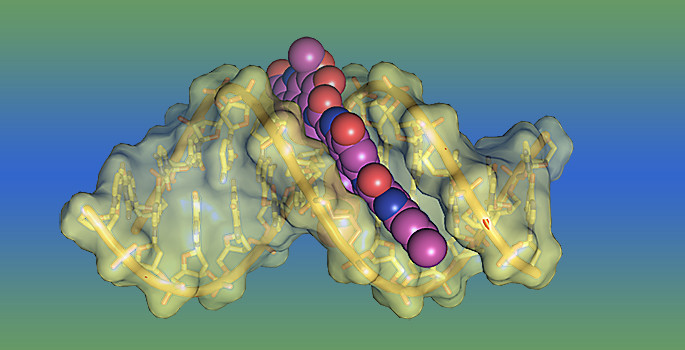
Deciphering potent DNA toxin’s secrets
Vanderbilt researchers uncover the secret of the remarkable potency of the DNA toxin yatakemycin, which could someday be harnessed to fight cancer. Read MoreAug 1, 2017
-
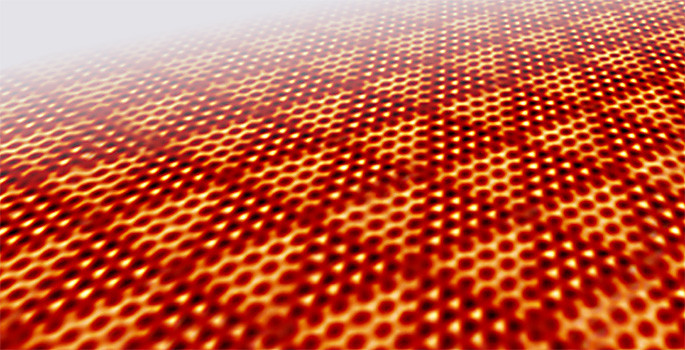
Multitasking monolayers
Scientists have discovered a natural process that makes patterned monolayers suitable for creating a wide variety of novel materials with dual optical, magnetic, catalytic or sensing capabilities. Read MoreJul 21, 2017
-

Ultrathin device harvests electricity from human motion
A new energy harvesting system developed at Vanderbilt University can generate electrical current from the full range of human motions and is thin enough to embed in clothing. Read MoreJul 21, 2017
-
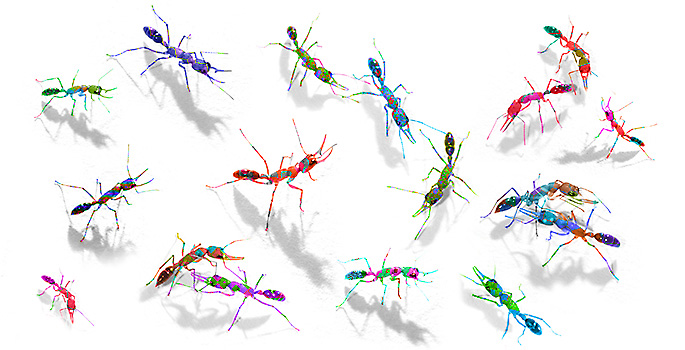
Decoding ants’ coat of many odors
A team of biologists report a major advance in deciphering the molecular genetics underlying the ant's high-definition sense of smell, an ability that underpins their highly complex society. Read MoreJul 10, 2017
-
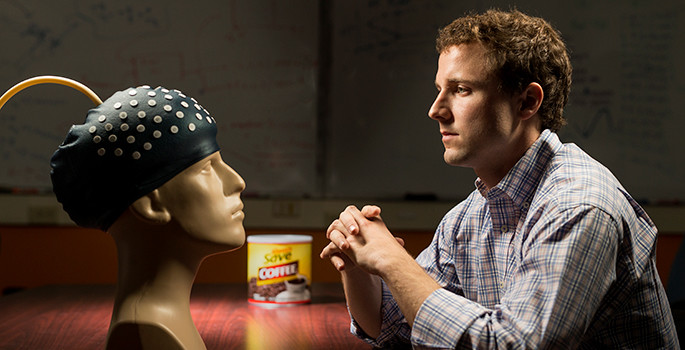
How six cups of ground coffee can improve nose, throat surgery
Vanderbilt engineers have designed a “granular jamming cap” filled with coffee grounds that can improve the accuracy of the sophisticated “GPS” system that surgeons use for nose and throat surgery. Read MoreJun 20, 2017
-

Wet and stormy weather lashed California coast…8,200 years ago
A study of stalagmite records from the White Moon Cave in the Santa Cruz Mountains finds the California coast was lashed by exceptionally wet and stormy weather for 150 years...8,200 years ago. Read MoreJun 20, 2017
-
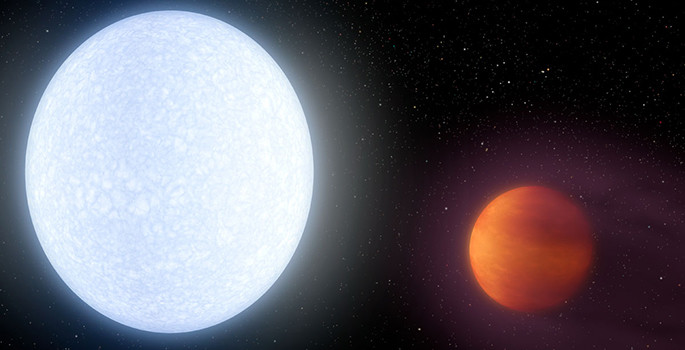
Astronomers discover exoplanet hotter than most stars
Astronomers at Vanderbilt and Ohio State have discovered a planet like Jupiter zipping around its host star every day, boiling at temperatures hotter than most stars with a giant cometary tail. Read MoreJun 5, 2017